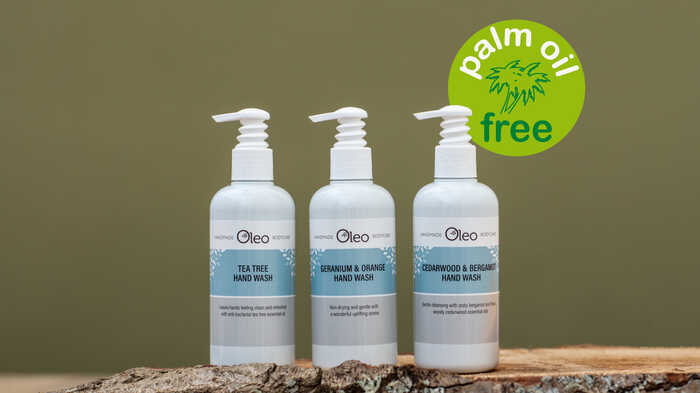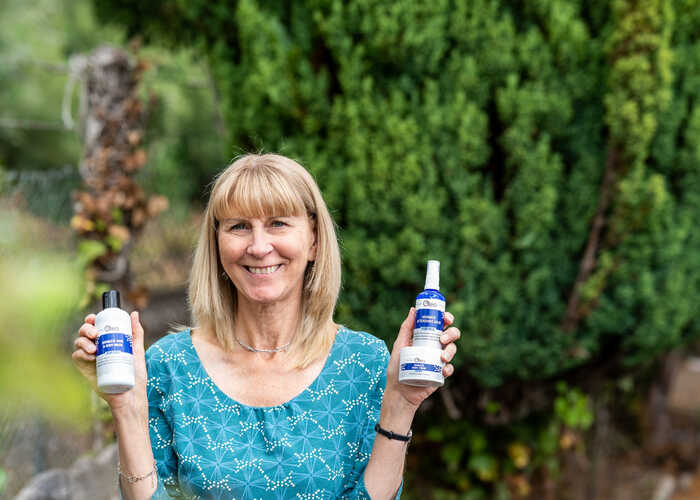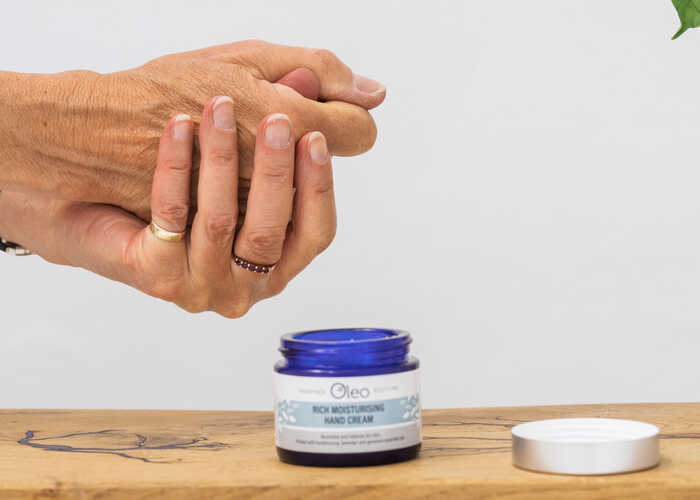
Why Being Palm Oil-Free Matters
In today’s world of conscious consumerism, understanding the impact of our choices is crucial. The use of palm oil in vegan skincare and natural body care products poses significant ethical and environmental concerns. At Oleo, we're committed to being a 100% palm oil-free brand, underscoring our dedication to sustainability and ethical responsibility. Join us in exploring why choosing palm oil-free products is essential for a healthier planet.
What is Palm Oil?
Palm oil is extracted using two methods, both harnessing the oil palm tree and its bulbous fruit. You can either squeeze the fleshy fruit to produce crude palm oil, or crush the kernel at the fruit's center to obtain palm kernel oil.
Originally from Africa, oil palms were introduced to Southeast Asia over a century ago, initially as ornamental trees. Today, Indonesia and Malaysia lead as global palm oil suppliers, but they are not alone. With 42 other countries involved, including Colombia, Kenya, and Nigeria, palm oil production has become a widespread, yet controversial, practice.

Where is Palm Oil Used?
Palm oil is ubiquitous in supermarket products, from toiletries like deodorant and toothpaste to various food items such as pizza and ice cream. Its versatility is astounding – at room temperature, palm oil remains semi-solid, perfect for keeping spreads spreadable. It also enhances product shelf-life due to its resistance to oxidation and, being odourless and colourless, it doesn't alter the sensory qualities of edible products.
The Issue with Palm Oil
Despite its convenience, palm oil production exacts a heavy environmental toll. It's a major driver of deforestation in some of the world's most diverse rainforests, threatening species like the pygmy elephant, orangutan, and Sumatran rhino with extinction. Additionally, the conversion of carbon-rich peat soils releases millions of tonnes of greenhouse gases, exacerbating climate change. Reports of worker exploitation and child labor add to the ethical concerns.

Our Promise at Oleo
At Oleo, we understand the importance of ethical, sustainable choices in vegan skincare and natural body care. We are proud to be a 100% palm oil-free company, ensuring that our products don't contribute to these environmental and ethical issues. Our commitment extends across our entire range, as we strive to offer products that are not only kind to your skin but also to the planet.
Shop 100% palm oil-free products
That's all of them!
Posted by Olivia Chapman on May 28th 2020
